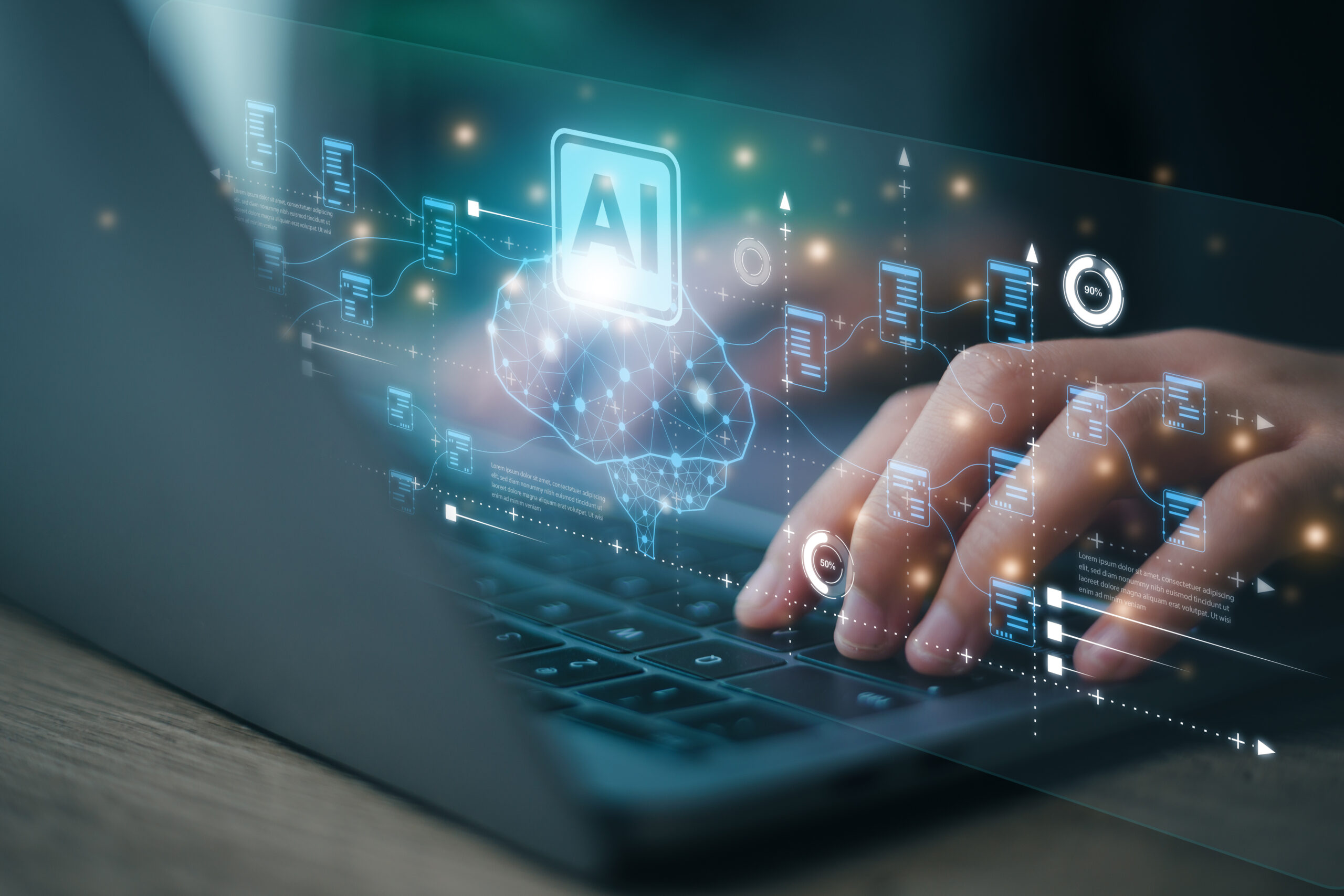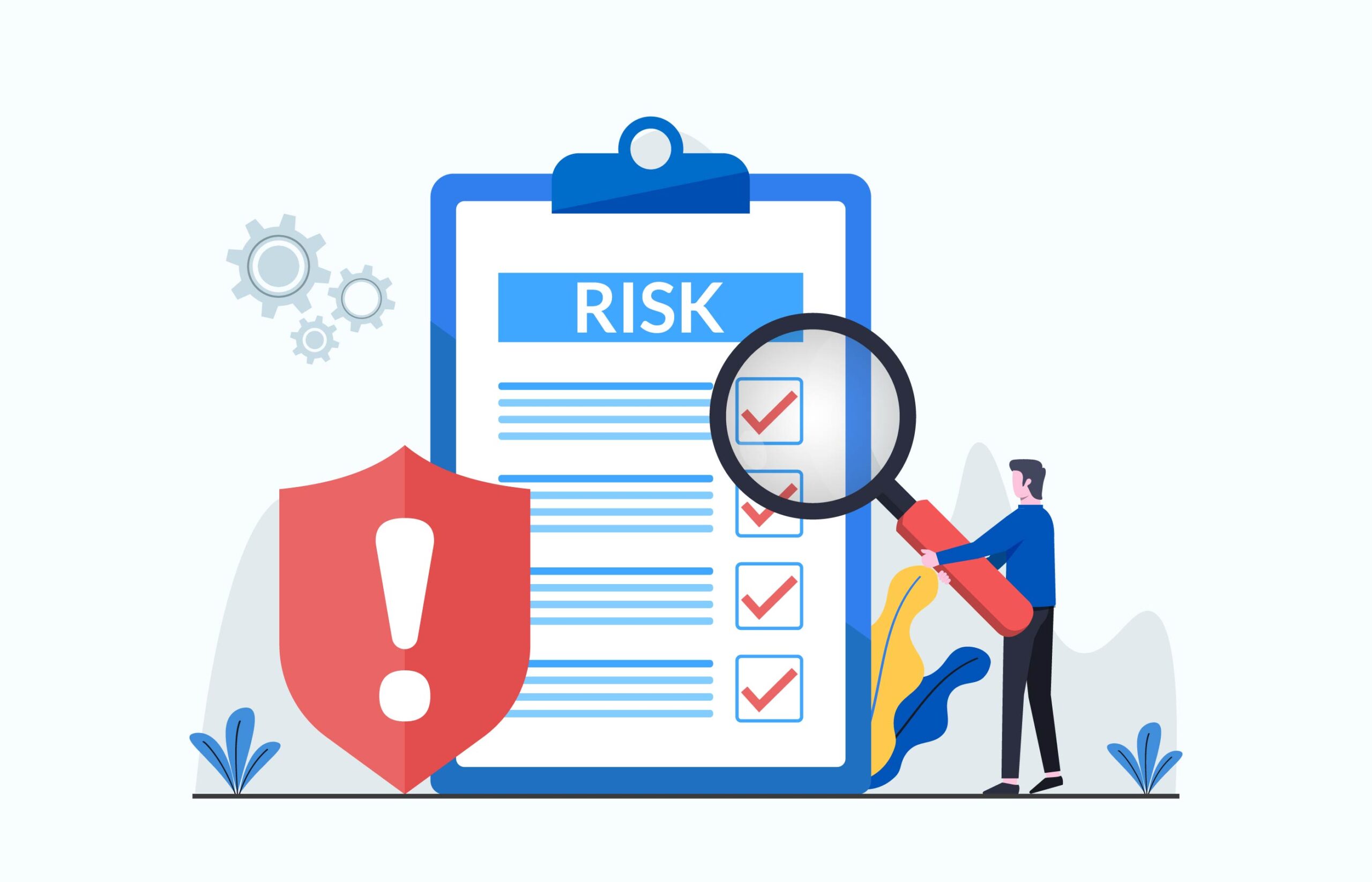AI

February 11, 2025
Nonprofit Sector Trends to Watch in 2025
To continue serving the public and fulfilling their missions, nonprofit leaders must proactively respond to emerging trends that impact their sector. In 2025, key developments to monitor include cybersecurity and data privacy concerns, the increasing use of artificial intelligence (AI), workforce challenges, and regulatory and compliance requirements. Adapting to these shifts is crucial for nonprofits...

January 9, 2025
5 Attraction and Retention Trends to Monitor in 2025
Employers will likely continue to struggle to attract and retain talented employees this year. In fact, an EY report found that 38% of employees are likely to leave their jobs in 2025. Despite looming employee turnover in 2025, employee quits consistently decreased throughout 2024. This means workers stayed in their current jobs, potentially due to...

December 31, 2024
2025 Cyber Insurance Trends to Watch
With the fast-changing nature of cyberthreats, cyber insurance can be an especially volatile and dynamic segment, and frequent market changes can make pricing predictions difficult to pin down. The CrowdStrike and Change Healthcare incidents highlighted the greater impact of just one cyberattack across multiple organizations and business sectors. Given the potential impact of systemic events...

December 12, 2024
Commercial Real Estate Trends to Watch in 2025
Insurance experts often examine how outside trends, reforms and movements in the larger economy affect the insurance marketplace, and businesses should follow suit to determine the factors that may impact their coverage. For 2025, there are a host of sweeping market developments to consider. Extreme Weather Events Extreme weather events—such as hurricanes, tornadoes, hailstorms and...

August 28, 2024
Generative AI Benefits and Risks
As generative artificial intelligence (AI) advances, corporate boards are increasingly leveraging its capabilities to improve several aspects of their organizations. However, these boards must understand how to use this tool properly in order to use it effectively in their operations. They must also carefully analyze and weigh the risks it presents; otherwise, they may be...

August 16, 2023
The Tech that Could Shape the Future of Workplace Safety
While artificial intelligence, wearable tech and exoskeletons are not yet commonplace at every worksite, it is a very real possibility that these technologies, and a host of other emerging ones, will play critical roles in the future of work safety and workers’ compensation. To find out what technologies are making a difference, or showing the potential to...

June 19, 2023
Artificial Intelligence and its Impact on Workers’ Compensation
Recent years have seen artificial intelligence (AI) surge in popularity. Such technology encompasses machines, computer systems and other devices that can simulate human intelligence processes. In other words, this technology can perform a variety of cognitive functions typically associated with the human mind, such as observing, learning, reasoning, interacting with its surroundings, problem-solving and engaging...

May 25, 2023
Why Risk Control Will Always Need the ‘Human Touch’
Technology is changing the way the insurance industry is able to perform everyday tasks, but it will never overshadow the necessary human element required for business, an insurance industry VP has told Insurance Business. “You can’t really replace the human touch,” Christine Sullivan, the senior vice president of risk control for North America at Sompo, said....
